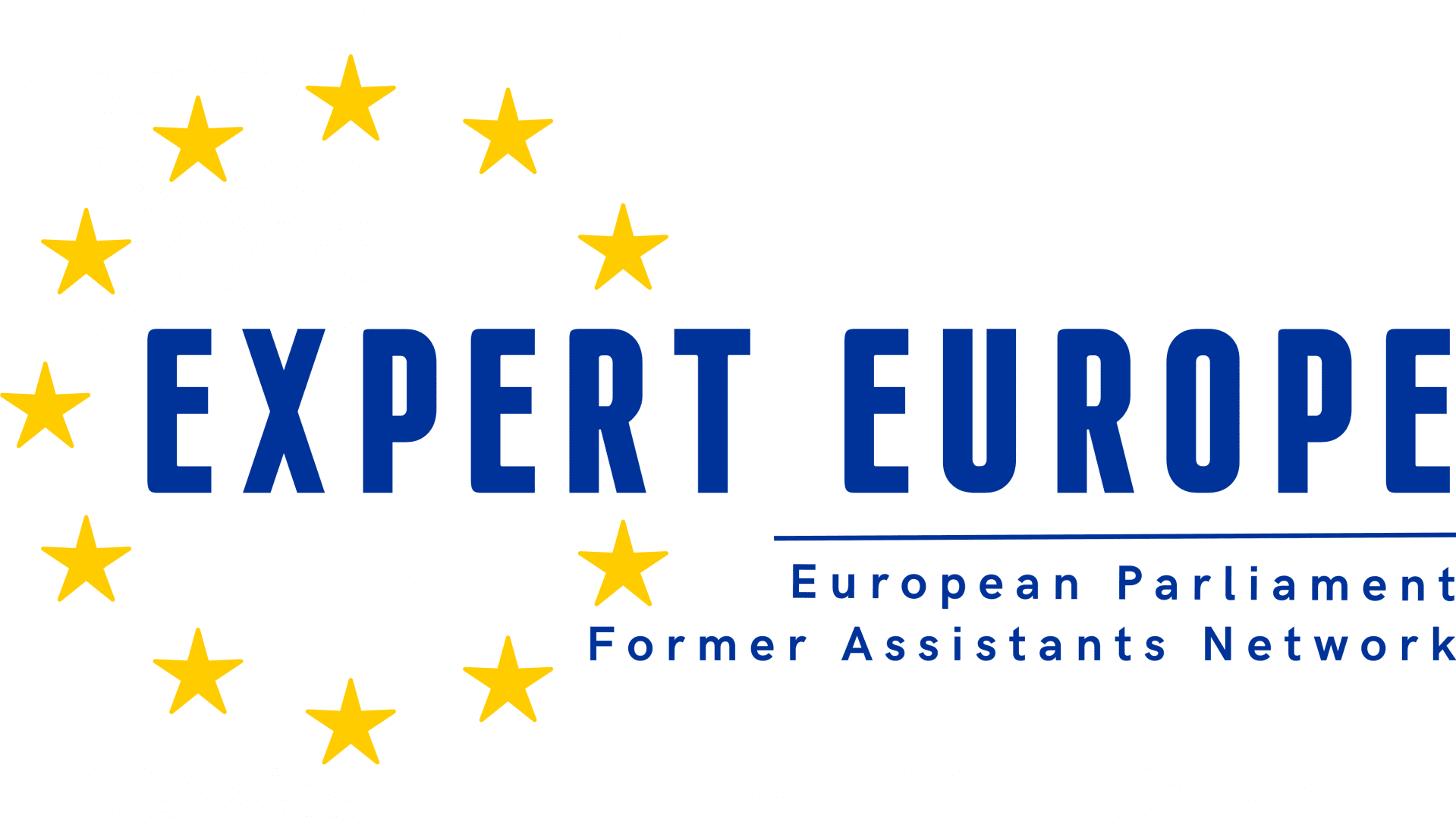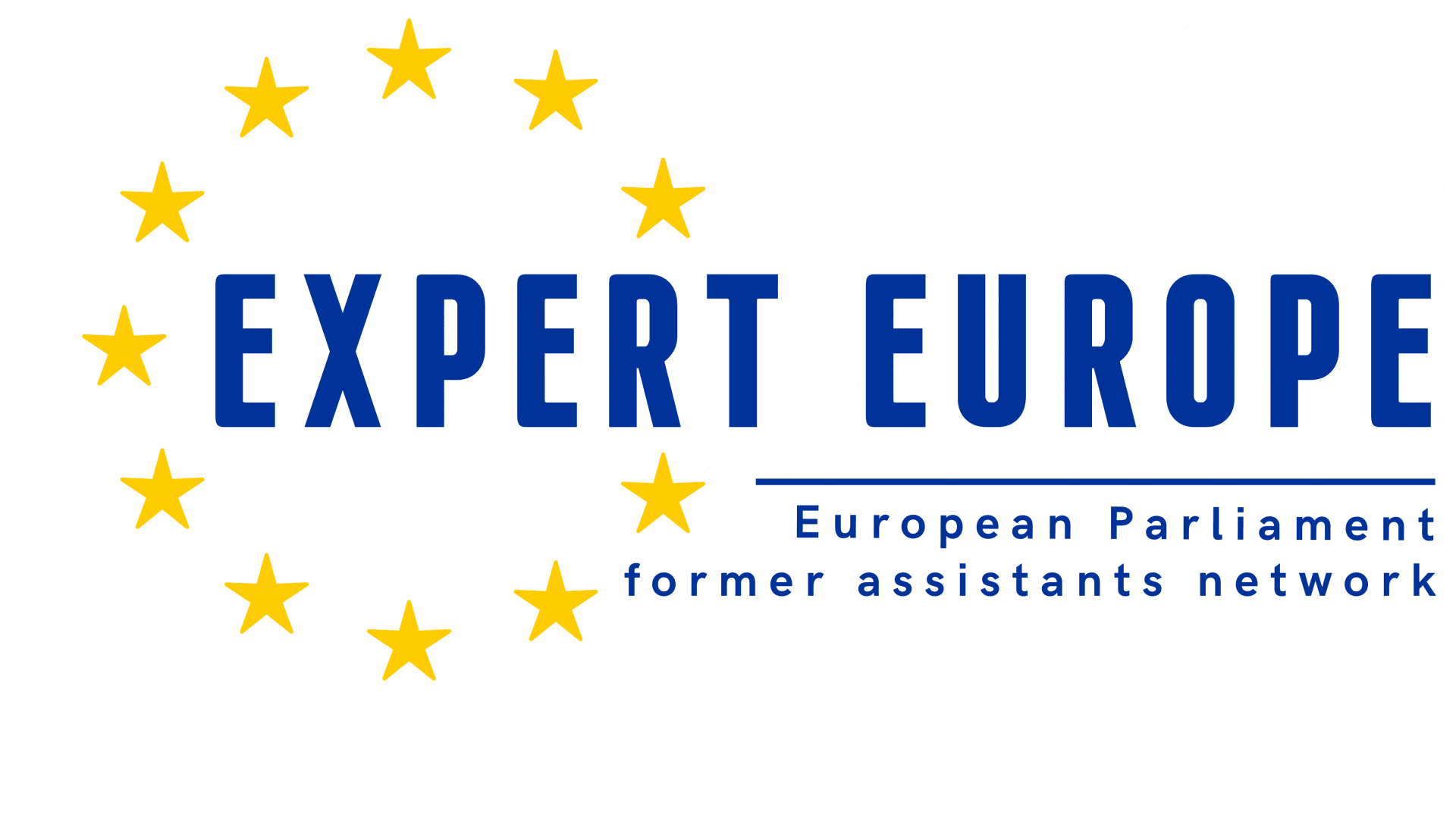Opinion |
Standing with those who protect us
Across Europe, police officers keep citizens safe, often at great personal risk. On behalf of the EPP Group, Manfred Weber, Tomas Tobé, and Dolors Montserrat are amplifying their voice and placing their work at the heart of policy-making to enhance EU-wide security cooperation and address rising crime.
By

Manfred Weber
EPP Group Chairman

Tomas Tobé
EPP Group Vice-Chair

Dolors Montserrat
EPP Group Vice-Chairwoman
Few professions carry as much weight as that of a police officer. Across Europe, they keep us safe - often at great personal risk - and are usually the first to respond in times of crisis. Their voices are nevertheless not heard enough. That is why, in the EPP Group, we have decided to give them a say and place their work at the centre of our reflections. Together with the Commissioner for Home Affairs, Magnus Brunner, we brought together this week representatives of national law enforcement, Europol, and other stakeholders. Their conclusions are clear: strengthening cross-border cooperation in the fight against crime within the EU is fundamental. This objective is all the more urgent as challenges continue to grow. Indeed, according to Eurostat, property crimes recorded in the EU increased in 2023: thefts by 4.8%, burglaries by 4.2%, and robberies by 2.7% compared to the previous year. The number of homicides also rose by 1.5% in 2023. To reverse this harmful trend, the EPP Group proposes to act on several fronts.
First, take the time to listen to and engage with the law enforcement community. Just as business leaders guide debates on competitiveness or innovation, no one knows crime better than those who fight it daily. Their expertise on matters of internal security, including fighting serious and organised crime, will feed our many upcoming legislative work, particularly on Europol, the fight against online child sexual abuse, and the directive on firearms trafficking. Their experience will be especially valuable when it comes to striking a balance between the operational needs of officers and policy-making at the European level. Security may remain a national responsibility, but better European coordination is a must. This collaboration, hand in hand between elected representatives and those on the ground, is essential.
It's even more necessary as criminals know all too well how to exploit Europe's freedoms. Seven out of ten of the most dangerous criminal networks in Europe involve multiple nationalities, and eight out of ten infiltrate legitimate businesses. To help the police fight them, we demand the full enforcement of anti-money laundering laws to trace illicit financial flows and cut off criminals' resources. We also call for stronger powers to seize criminal assets. We must restrict the movement of gang members - through entry bans and restrictions for EU citizens convicted of serious crimes. A common legal framework is also needed to prevent those under investigation, with proven links to criminal networks or deemed dangerous by law enforcement, from travelling freely - even without a conviction.
We must also remind people of the vital role police play every single day - not just in keeping our streets safe and protecting victims, but in upholding our values and defending the European way of life.
We must also remind people of the vital role police play every single day - not just in keeping our streets safe and protecting victims, but in upholding our values and defending the European way of life. Some, especially on the left, reduce them to a mere instrument of repression. The truth is, police are on the frontline of the threats our societies face, and when we need help, they are the ones we call.
Thus, police forces play a vital role in the EU's response to the evolving security environment and in the implementation of the European Internal Security Strategy (ProtectEU). They also help strengthen the Union's preparedness and resilience in the face of crises - whether visible or invisible. Increasingly, those crises are happening online, where threats and the number of victims are growing rapidly with the spread of artificial intelligence. The digital space, with no borders, poses major challenges for police. That's why we need stronger tools to help them anticipate and respond to hybrid and cross-border threats, especially those targeting critical infrastructure. This means real-time interoperability of EU databases, along with clear rules for accessing, storing, and processing data, thereby bridging digital and physical security. Moreover, cooperation with agencies such as Europol and Frontex must improve. Our tools and laws must stay ahead of criminals, not lag behind them.
Violence is on the rise in Europe, and so is the pressure on those who protect us. Beyond external risks, police officers face internal ones too: burnout, post-traumatic stress, and other mental health challenges. This is a real social issue.
At the same time, we cannot overlook the wellbeing of officers. Violence is on the rise in Europe, and so is the pressure on those who protect us. Beyond external risks, police officers face internal ones too: burnout, post-traumatic stress, and other mental health challenges. This is a real social issue. This is why the EPP advocates for the EU to formally recognise police officers, military personnel, prison officers, customs officials, and border guards as high-risk professions. Such legislative recognition would strengthen their social and legal protection and provide a common framework to improve their rights.
We want all these priorities to be firmly placed on the agenda of the European Parliament, both in plenary sessions and within parliamentary committees, particularly the Committee on Civil Liberties, where we are working on a report on the fight against organised crime and drugs.
This patient and determined work of influence is something only the EPP Group is capable of carrying out. This is, in fact, a fundamental difference from other political families in the European Parliament. Many boast about recognising the essential role of the police, but only the EPP Group takes concrete action to defend them.
Disclaimer
All opinions expressed in this column reflect the views of the author(s) and do not necessarily represent the views of EXPERT EUROPE or its editorial team.

Comments0
Please log in to see or add a comment
Suggested Articles


